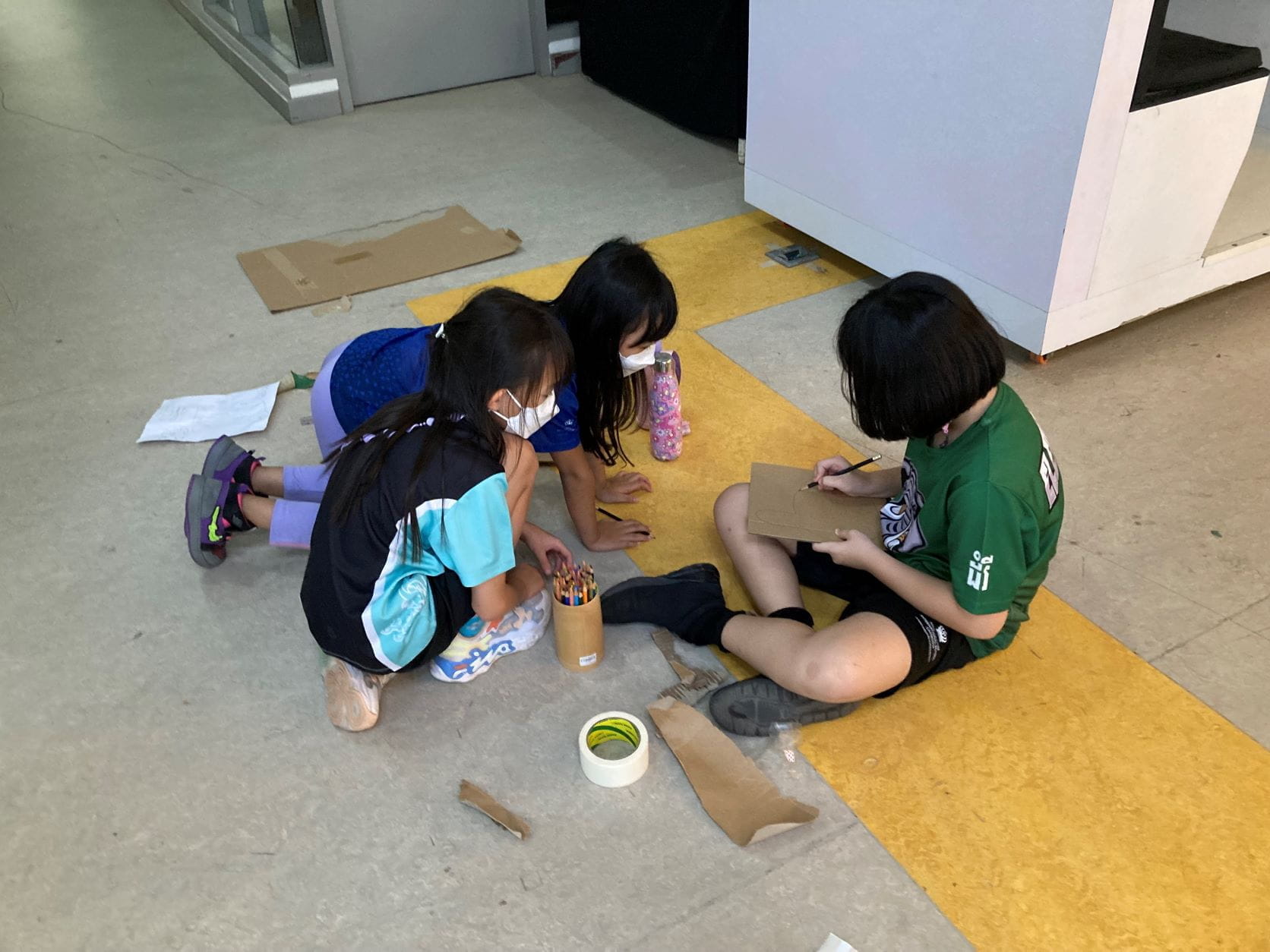
Jill Shadbolt
Grade 2/3 Leader
STEM stands for Science/Technology/Engineering and Maths, with the adittion of Arts as the ‘A’ in STEAM. So the first reason that it is important is that like the PYP, it is transdisciplinary. This means that it works across different subject areas and shows students how they are combined or connected, rather than the more traditional approach of seeing each subject as a stand alone area of the curriculum. The ability to solve problems and to think critically are now essential requirements of the 21st century and STEAM activities provide the perfect opportunity to bring all these disciplines together in a purposeful way.
The next reason is that STEAM activities reflect the real-life business world. Almost no real-life business or company works in isolation of other areas, no matter how specialised it is. Businesses and products need marketing, graphics and design to help advertise them. They need budgets, tax, profit calculations and margins to help them operate. They need data to evidence their claims, and they need testing and refining to keep them successful.
A STEAM activity in a classroom may encompass many of these elements; there is usually a design brief of some kind with success criteria that is measurable, there are resources to consider, design elements to create and a timeframe for completion. In Grade 3 each week, the classes combine to give scope for collaboration and developing friendships outside of the immediate class group. Teams vary in size from pairs to 3s, 4s and even 5s which is where another aspect of STEAM connects with the PYP – through the ATLs.
The Approaches to Learning (ATLs) in the PYP are a set of life skills that can be taught explicitly or in combination through any range of other subject areas. There are 5 categories; thinking skills, communication skills, research skills, self-management skills and social skills with a wide range of sub-skills which can be developed through a huge range of opportunities. That makes any STEAM challenge the perfect setting for embedding a range of the skills in any grouping.
Students need communication skills and social skills to discuss designs and ideas with their team and come to a consensus about their choice, they need thinking skills to work out how to create the model and how it will work. Next comes research skills to see what is needed and what will work best, and added to this are self-management skills to stay on task and complete their work within the given time frame.
STEAM activities have an added bonus of being able to be fully integrated into a maths or language focus, or connected to a unit of inquiry, which enables them to be embedded into every day learning yet bringing a whole new scope to developing inquiry and project-based learning to each classroom.